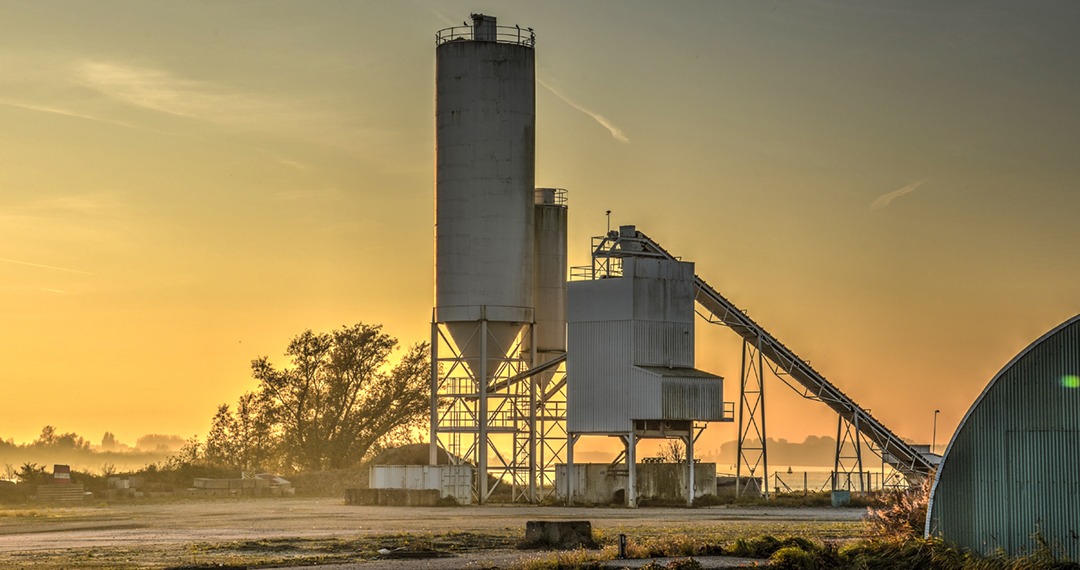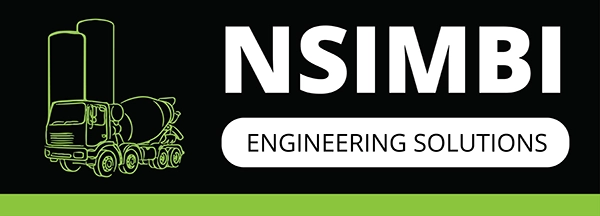
Africa’s rapidly expanding infrastructure demands reliable concrete production methods that deliver consistent quality across diverse construction projects. Understanding the intricacies of batch plant concrete production enables construction companies to achieve superior results while maintaining cost-effectiveness and operational efficiency.
The Foundation of Quality Concrete Production
Modern concrete manufacturing relies on precise control of materials, mixing processes, and quality assurance protocols. Batch plants represent the most effective method for producing large volumes of consistent concrete that meets stringent construction specifications and industry standards.
The controlled environment of a concrete batch plant ensures optimal material proportioning, thorough mixing, and consistent quality output. This systematic approach eliminates the variables that can compromise concrete strength, durability, and performance in traditional mixing methods.
Temperature control, moisture management, and timing precision all contribute to the superior characteristics of plant-produced concrete. These controlled conditions enable producers to achieve specific mix designs that meet exact project requirements while maintaining batch-to-batch consistency.
Advanced Mixing Technologies and Processes
Contemporary concrete plants utilize sophisticated mixing systems that ensure complete material integration and homogeneous concrete production. Twin-shaft mixers and planetary mixing systems provide intensive mixing action that thoroughly combines all ingredients within optimized cycle times.
Computer-controlled dosing systems automatically proportion cement, aggregates, water, and admixtures according to predetermined mix designs. This automation eliminates human error while providing precise material control that ensures consistent concrete properties throughout production runs.
Real-time monitoring systems track mixing parameters including temperature, moisture content, and mixing duration. These systems provide immediate feedback that enables operators to maintain optimal conditions and adjust processes as needed to ensure quality standards.
Material Quality Control and Testing
Professional concrete production facilities implement comprehensive quality control programs that monitor raw materials and finished products. Aggregate testing ensures proper gradation, cleanliness, and moisture content before materials enter the production process.
Cement quality verification includes testing for fineness, setting time, and compressive strength development. These tests ensure that cement meets specification requirements and will perform as expected in the final concrete mixture.
Fresh concrete testing evaluates workability, air content, and setting characteristics immediately after production. These tests confirm that the concrete meets design specifications and will perform properly during placement and curing.
Specialized Mix Design Capabilities
Batch plants enable production of specialized concrete mixtures that meet specific performance requirements. High-strength concrete for structural applications, self-consolidating concrete for complex forms, and fiber-reinforced concrete for enhanced durability all require precise control available only through plant production.
Admixture integration systems allow precise dosing of chemical additives that modify concrete properties. Water reducers, accelerators, retarders, and air-entraining agents can be accurately proportioned to achieve desired performance characteristics.
Color-consistent decorative concrete production requires the controlled environment and precise material proportioning that batch plants provide. Consistent pigment distribution and material ratios ensure uniform color and finish quality across large projects.
Production Efficiency and Volume Capabilities
Modern concrete plants achieve high production rates while maintaining quality standards through optimized cycle times and automated processes. Efficient material handling systems minimize waiting times and maximize throughput capacity.
Multiple mixer configurations allow plants to produce different concrete types simultaneously, supporting complex projects with varying requirements. This flexibility enables contractors to meet diverse specifications without production delays.
Computerized batching systems maintain detailed production records that document all materials used, mix designs produced, and quality test results. This documentation supports quality assurance programs and provides valuable data for process optimization.
Mobile Concrete Solutions
Truck-mounted mixers extend plant-quality concrete to remote job sites across Africa’s vast territories. These mobile units maintain concrete quality during transport through continuous mixing and temperature control systems.
Modern mixer trucks incorporate GPS tracking and communication systems that enable real-time coordination between batch plants and job sites. This technology optimizes delivery schedules and ensures concrete arrives within specified time windows.
Maintenance programs for mixer truck fleets ensure reliable performance and minimize downtime. Regular inspection of mixing drums, hydraulic systems, and drive components prevents unexpected failures that could disrupt project schedules.
Environmental Considerations and Sustainability
Contemporary concrete plants incorporate environmental protection measures including dust collection systems, water recycling capabilities, and noise reduction technologies. These systems ensure compliance with environmental regulations while supporting sustainable operations.
Waste heat recovery systems capture energy from production processes to reduce overall energy consumption. These efficiency improvements support cost reduction while minimizing environmental impact.
Recycled aggregate incorporation systems allow plants to utilize construction waste materials in new concrete production. This capability supports circular economy principles while reducing disposal costs and raw material consumption.
Regional Adaptation and Climate Considerations
African climate conditions require special consideration in concrete production and handling. High temperatures, humidity variations, and seasonal weather patterns all influence concrete production parameters and quality control measures.
Hot weather concreting procedures include chilled water systems, retarding admixtures, and accelerated placement schedules that prevent premature setting and maintain workability. These adaptations ensure quality concrete production throughout Africa’s diverse climate zones.
Dust control systems protect equipment and personnel while ensuring compliance with air quality standards. Enclosed conveying systems and suppression technologies minimize dust generation during material handling operations.
Technical Support and Training Programs
Successful concrete production requires skilled operators who understand equipment capabilities and quality control procedures. Comprehensive training programs ensure personnel can optimize plant performance while maintaining safety standards.
Technical support services provide troubleshooting assistance, performance optimization guidance, and equipment maintenance planning. These services maximize production efficiency while extending equipment service life.
Spare parts availability ensures minimal downtime during routine maintenance and unexpected repairs. Strategic inventory management and rapid parts delivery support continuous operations and project schedule compliance.
Investment Returns and Business Growth
Quality concrete production capabilities create competitive advantages that support business expansion and profitability. Consistent product quality, reliable delivery performance, and technical expertise attract premium projects and long-term customer relationships.
Scalable plant designs accommodate business growth through modular expansion capabilities. Additional storage capacity, upgraded mixing systems, and enhanced automation can be integrated without complete facility replacement.
Conclusion
Mastering batch plant concrete production requires understanding the complex interactions between materials, processes, and quality control systems. Success depends on selecting appropriate equipment, implementing comprehensive quality programs, and partnering with experienced suppliers who provide ongoing technical support.
The investment in professional concrete production capabilities delivers long-term returns through improved product quality, operational efficiency, and customer satisfaction. As Africa’s construction industry continues expanding, those who master batch plant concrete production excellence will capture the greatest opportunities for growth and success.

